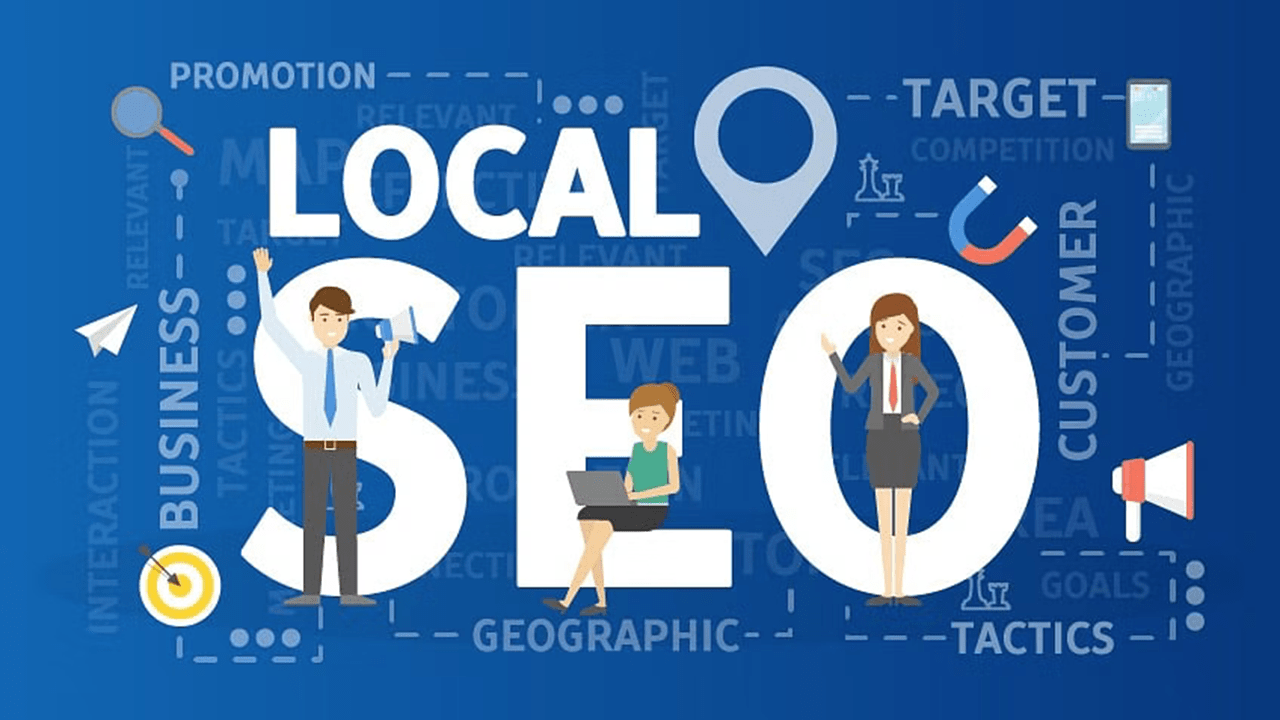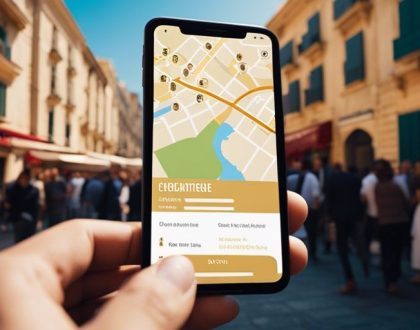12 local seo strategies to dominate local business ranking

Are you a local business owner struggling to get your website to rank higher in local search results? You’re not alone. Many small business owners face the same challenge. The good news is that there are a few local SEO strategies you can implement to increase your chances of ranking higher in search results. In this article, we will outline 12 local SEO strategies that will help you dominate local business rankings.
1. Claim and Optimize Your Google My Business Listing
Google My Business is a free tool that allows you to manage your business’s online presence across Google. Claiming and optimizing your Google My Business listing is a critical first step in local SEO. Ensure that your listing is complete and accurate, including your business’s name, address, phone number, website, hours of operation, and photos. Don’t forget to regularly update your listing to keep it fresh.
2. Use Local Keywords in Your Website Content
Using local keywords in your website content is an essential component of local SEO. Research and use local keywords that your target audience is searching for. For example, if you own a bakery in New York City, include keywords such as “New York bakery” and “best bakery in NYC” in your website content.
3. Optimize Your Website for Mobile
Google prioritizes mobile-friendly websites in search results. Ensure that your website is mobile-friendly and loads quickly. Use tools such as Google’s Mobile-Friendly Test to check the mobile-friendliness of your website.
4. Get Listed in Online Directories
Getting listed in online directories such as Yelp, Yellow Pages, and TripAdvisor can boost your local SEO. Ensure that your business information is consistent across all online directories.
5. Use Online Reviews to Your Advantage
Online reviews are critical in local SEO. Encourage customers to leave reviews on your Google My Business listing, Yelp, and other review sites. Respond to all reviews, whether positive or negative, in a timely and professional manner.
6. Use Social Media
Social media can also help boost your local SEO. Regularly post on social media platforms such as Facebook, Instagram, and Twitter. Ensure that your social media profiles are complete and include your business’s name, address, phone number, website, and hours of operation.
7. Create Local Content
Creating local content that resonates with your target audience can help boost your local SEO. Consider creating blog posts, videos, and infographics that focus on local events, news, and trends.
8. Use Schema Markup
Schema markup is a code that you can add to your website to help search engines understand your content better. Using schema markup can help boost your local SEO by providing search engines with more information about your business, such as your address, phone number, and hours of operation.
9. Build Local Links
Building links from local websites can also boost your local SEO. Consider reaching out to local bloggers and journalists to see if they would be interested in featuring your business in their content.
10. Host Local Events
Hosting local events can also help boost your local SEO. Consider hosting events such as charity drives, food tastings, or product launches. Ensure that you promote your events on social media and local event directories.
11. Offer Local Discounts
Offering local discounts can also help boost your local SEO. Consider offering discounts to local customers and promoting them on your website, social media, and email marketing campaigns.
12. Measure Your Local SEO Success
Finally, measuring your local SEO success is essential. Use tools such as Google Analytics and Google Search Console to track your website’s traffic, rankings, and local search queries. Use this information to optimize your local SEO strategy further and achieve even better results.
Implementing these 12 local SEO strategies can help your business dominate local business rankings. Claiming and optimizing your Google My Business listing, using local keywords in your website content, optimizing your website for mobile, and getting listed in online directories are just a few of the tactics you can use to boost your local SEO. Remember to measure your local SEO success regularly to fine-tune your strategy further. By following these strategies, you can improve your chances of ranking higher in local search results and ultimately drive more traffic to your website.
FAQs
- What is local SEO? Local SEO is the process of optimizing your website to rank higher in local search results. It involves optimizing your website content, claiming and optimizing your Google My Business listing, getting listed in online directories, and building local links.
- How do I claim and optimize my Google My Business listing? You can claim your Google My Business listing by signing in to your Google account and following the prompts. To optimize your listing, ensure that all the information is accurate and up to date, including your business’s name, address, phone number, website, hours of operation, and photos.
- How do I optimize my website for mobile? You can optimize your website for mobile by using a responsive design that automatically adjusts to different screen sizes, compressing images and videos, and minimizing the use of pop-ups and other intrusive elements.
- Why are online reviews important in local SEO? Online reviews are important in local SEO because they signal to search engines that your business is legitimate and trustworthy. Encouraging customers to leave reviews and responding to all reviews in a professional manner can help boost your local SEO.
- How do I measure my local SEO success? You can measure your local SEO success using tools such as Google Analytics and Google Search Console. These tools can help you track your website’s traffic, rankings, and local search queries, which can help you optimize your strategy further.
Recommended Posts

Peter & Sons Alliance with iGaming Deck
May 20, 2024

Overview of Business Finance in Malta
May 17, 2024

How to Start Your Malta Business Journey
May 17, 2024



